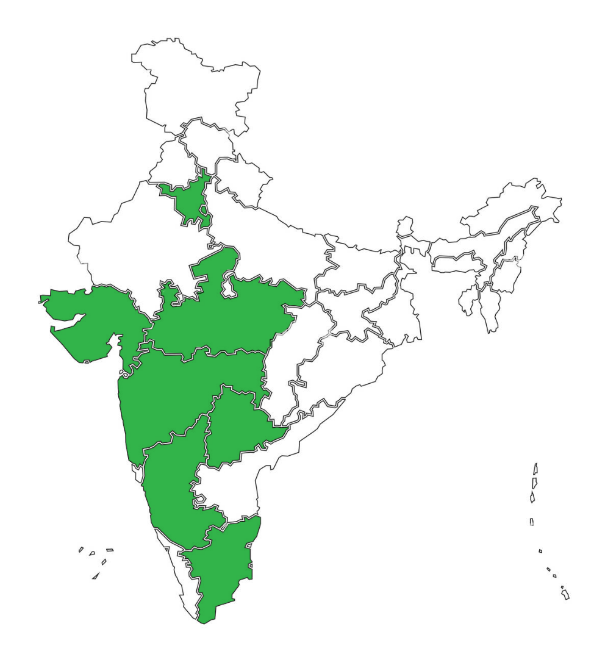The logistics region has had a visible exponential boom withinside the previous few years. Even in an international pandemic, the arena noticed a sharp rise. With the implementation of the latest technology at each step, the logistics region has been keeping up with all the recent changes that are happening in the markets. The kind of boom and change that the logistics sector has witnessed is unprecedented and unmatchable in so many ways.
The region has been very energetic in bringing the EV revolution to India, and this may just be the kind of push that the electronic vehicle industry needs to get a catapult change in the markets. With all the recent updates in the logistics sector technology-wise, it is only understandable that they would want to implement and work on a sustainable and revolutionary model in nature. The logistics sector has been on the front foot when it comes to incorporating and implementing changes, and one of the most pleasant changes that it has witnessed is switching to the EV lane. Another commendable and noteworthy reason why the logistics sector in India has adapted to so much change is that India has joined the World Logistics Passport consortium.
Under the insightful leadership of Mr. Nitin Gadkari, the Union Minister of Road Transports and Highways, many new rules have been implemented. One such direction is that of “Green Tax”, and with this new rule, a significant shift has been observed in the logistics sector alone. Under the “Green Tax” rule, all older vehicles will have to pay 50% of the road tax against all the damage they cause to the ecosystem. This automatically means that most logistics companies that rely on trucks and other heavy three-wheelers will want to save the additional costs associated with the “Green Tax” and switch to electric vehicles.
According to the ministry, all those vehicles that are older than eight years will fall under the radar of the Green Tax (at 10-25 % of street tax). The entire propaganda of the Green Tax is to ensure that the older vehicles responsible for most of the pollution are benched and off the road.
If we look closely, the logistics sector has been operating for the longest time, and just because it is old, it does not mean that they use old vehicles. With so many upgrades happening on the front of logistics, now is the time to switch to a safer and more economical means of transporting electric vehicles. The logistics sector, on the whole, has decided to make amends by adapting to this change that the government wishes to implement through and through. India has decided and vouched to switch to electric vehicles entirely by the year 2023, which makes the logistics sector the pioneers in driving this change.
It is undeniably true that the logistics sector has geared ahead for the longest time with changes that have been implemented. Whether it was the change to automation and AI or now that of switching to the EV mode. For the longest time, the logistics sector has been one of the strongest influencers in the changes being implemented by the government. In the current situation of the pandemic, when there is not much importance given to standing up to the changing times, the logistics sector has braced ahead and stood up to the challenge with the help of electric vehicles.
With so many sectors now wanting to switch to EV for their operational purposes, it is also true that the supply should be sufficient. One key industry player that has been manufacturing the best quality of electric three-wheelers is Etrio. Today, a large number of small, medium and large scale ecommerce and logistics owners have switched to the strength and durability of the Etrio three-wheeler vehicles. It is clear to understand that the logistics sector will be one of the most significant users of the EV market in the coming years.






